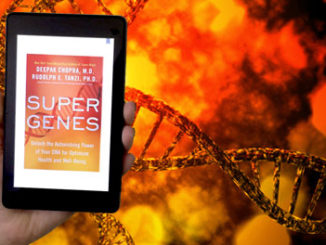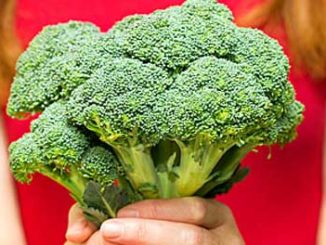Could Epigenetics Rescue Cognitive Impairment Caused by Getting Old?
As we get older, our cognitive ability declines, especially our memory. Although aging-related cognitive impairment occurs naturally, humans have been fascinated since ancient times with uncovering a “fountain of youth” to ensure that our beauty, minds, and youthful qualities stay with us forever. What if we could stave off or protect our brain function as we age? With new research in epigenetics, we may be closer to finding out what’s behind memory loss and cognitive impairment. A study published in [more…]











